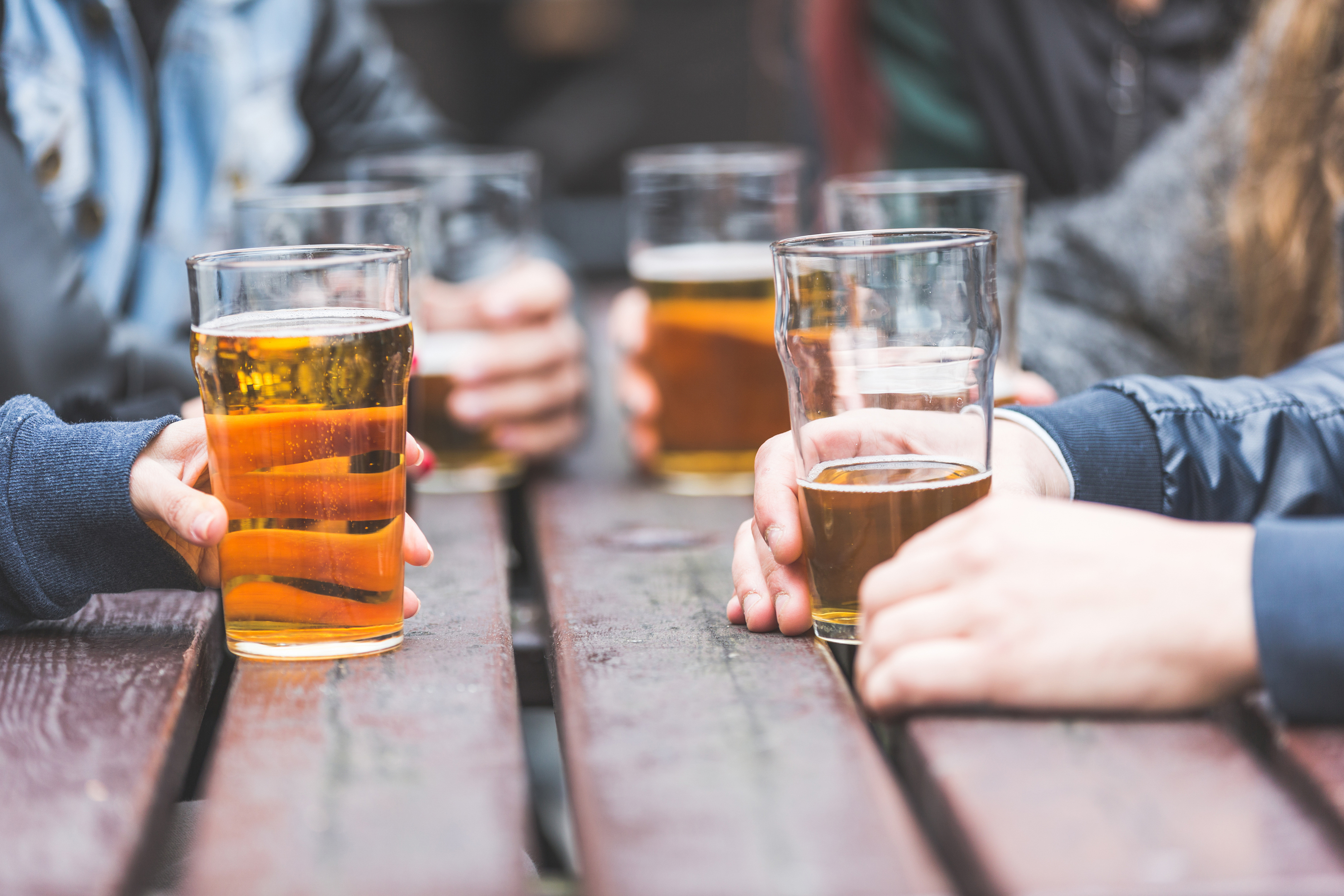
THE alcohol industry is misleading consumers with distorted and distracting health messages that downplay any related risk of cancer, researchers claim.
The industry is using “denying, distortion and distraction” strategies to minimise evidence in activities that have parallels with those of the tobacco industry, according to a study led by the London School of Hygiene and Tropical Medicine (LSHTM) with Sweden’s Karolinska Institutet.
Researchers analysed information relating to cancer on the websites and documents of almost 30 alcohol industry organisations between September and December last year, finding that most showed “some sort of distortion or misrepresentation” of evidence.
The industry most commonly presented the relationship between alcohol and cancer as highly complex, implying there was no evidence of a consistent or independent link, the study, published in the journal Drug and Alcohol Review, found.
Other tactics included denying that any relationship existed or claiming that there was no risk for light or moderate drinking, as well as presenting alcohol as just one risk among many.
The researchers said one of their most important findings was that the industry appeared to specifically omit or misrepresent evidence on breast and colorectal cancer, possibly because they were among the most common cancers.
They urged policymakers and public health bodies to reconsider their relationship with the industry, which is involved in developing alcohol policy and disseminating health messages to the public in many countries, in light of the findings.
Alcohol consumption is an established risk factor for a range of cancers, including oral cavity, liver, breast and colorectal cancers, and accounts for about 4% of new cancer cases annually in the UK.
There is limited evidence that alcohol consumption protects against some cancers, such as renal and ovarian cancers, but in 2016 the UK’s Committee on Carcinogenicity concluded that the evidence is inconsistent, and the increased risk of other cancers as a result of drinking alcohol outweighs any possible decreased risk.
The authors said it was important to highlight that those who drink within the recommended guidelines – not more than 14 units a week for both men and women – “shouldn’t be too concerned when it comes to cancer”.
Mark Petticrew, Professor of Public Health at the LSHTM and the study’s lead author, said: “The weight of scientific evidence is clear – drinking alcohol increases the risk of some of the most common forms of cancer, including several common cancers.
“Public awareness of this risk is low, and it has been argued that greater public awareness, particularly of the risk of breast cancer, poses a significant threat to the alcohol industry.
“Our analysis suggests that the major global alcohol producers may attempt to mitigate this by disseminating misleading information about cancer through their ‘responsible drinking’ bodies.”
He added: “Existing evidence of strategies employed by the alcohol industry suggests that this may not be a matter of simple error.
“This has obvious parallels with the global tobacco industry’s decades-long campaign to mislead the public about the risk of cancer, which also used front organisations and corporate social activities.”
Institute of Alcohol Studies chief executive Katherine Brown said: “This report shows that, like the tobacco industry before them, alcohol companies are misleading consumers about the evidence linking their products to cancer.
“We cannot rely on a profit-driven industry to promote public health. Consumers have a right to know the truth about alcohol and cancer, so they can make fully informed decisions about their drinking.”
Alcohol Health Alliance UK chairman Professor Sir Ian Gilmore said: “With only one in 10 people aware of the link between alcohol and cancer, people have both a need and a right to clear information about the health risks of drinking alcohol.
“The time has come to stop relying on voluntary agreements with an alcohol industry that is putting profits before people’s health.”

Enjoy the convenience of having The Sunday Post delivered as a digital ePaper straight to your smartphone, tablet or computer.
Subscribe for only £5.49 a month and enjoy all the benefits of the printed paper as a digital replica.
Subscribe